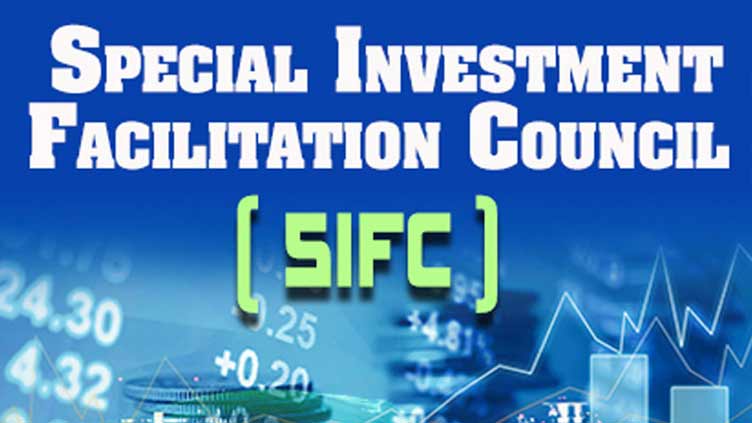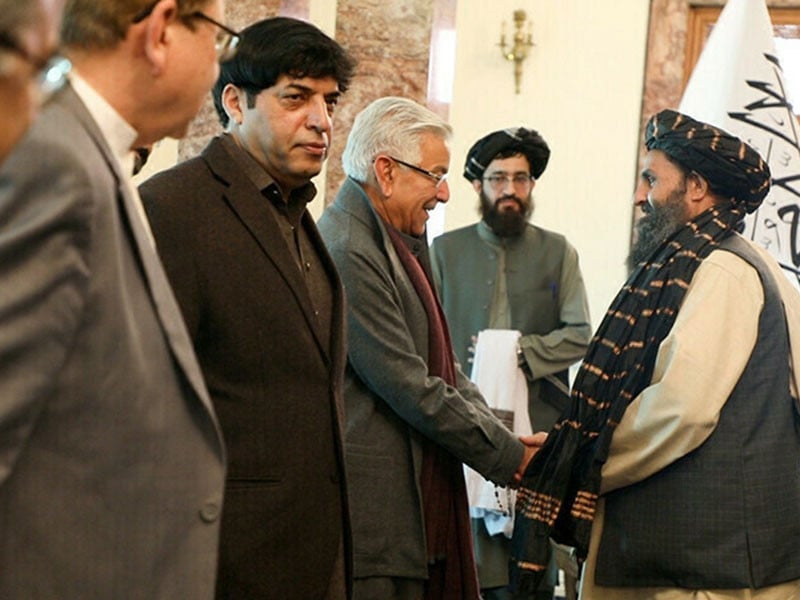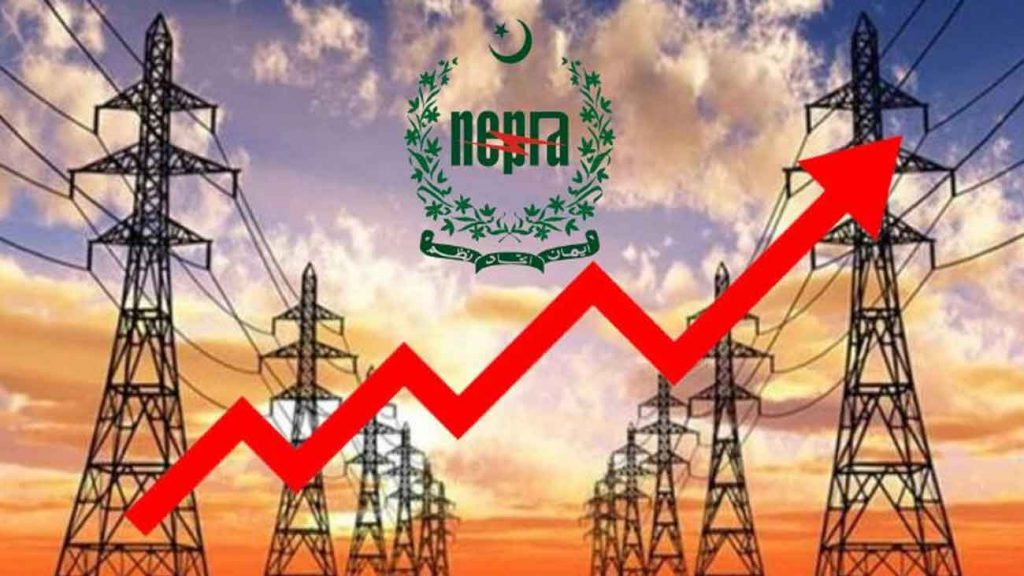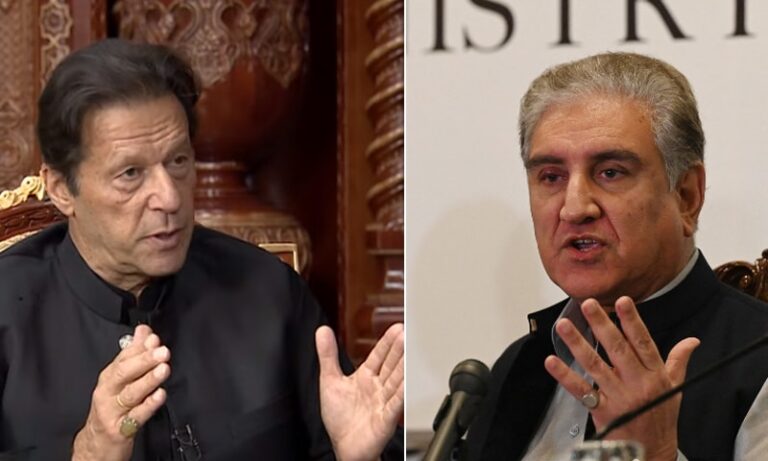Editorial
The Special Investment Facilitation Council (SIFC) is back in the headlines, this time for its instrumental role in paving the way for a landmark Saudi investment in Pakistan. This development carries significant weight, not just for its immediate financial implications, but also for its potential to reshape the trajectory of the nation’s economic future.
The editorial rightly highlights the crucial hurdle that needed to be surmounted: investor concerns surrounding arbitration. The Reko Diq case, where Pakistan faced a hefty fine due to cancelled mining leases, served as a stark reminder of the risks associated with local courts and potential interference from the National Accountability Bureau (NAB). This fear factor had understandably deterred foreign investment, creating a significant roadblock for Pakistan’s economic progress.
However, the innovative two-stage solution, prioritizing local courts followed by international arbitration as a last resort, appears to have addressed this critical concern. By offering investors a safety net, Pakistan has opened its doors to a potential $25 billion Saudi investment, with further deals from the UAE, Qatar, and Kuwait potentially waiting in the wings.
This breakthrough couldn’t be more timely. Pakistan’s abysmal international credit rating has made borrowing prohibitively expensive, making foreign investment the most viable lifeline for the struggling economy. The SIFC, in facilitating this investment and streamlining government processes, is fulfilling its mandate and delivering on its promise of cutting red tape that often strangles economic growth.
Yet, it’s crucial to acknowledge that this is a pivotal moment, not a guaranteed victory. Pakistan’s reliance on IMF bailouts with increasingly stringent conditions is unsustainable in the long run. Diversifying investment sources beyond Gulf countries, traditionally Pakistan’s “time-tested friends,” is essential to avoid dependence and secure more favorable terms.
Furthermore, the editorial rightly points out the historical neglect of foreign direct investment (FDI) as a contributor to Pakistan’s current account woes. With both export revenue and remittances falling short, attracting investment should have been a longstanding priority. The onus lies on the finance ministry to learn from past mistakes and continue building upon the momentum generated by the SIFC.
In conclusion, the Saudi investment facilitated by the SIFC presents a promising avenue for Pakistan’s economic revival. Addressing investor concerns through innovative solutions and prioritizing long-term diversification are key to ensuring this is not a fleeting moment of success, but the beginning of a sustained upward trajectory. By capitalizing on this momentum and overcoming remaining challenges, Pakistan can finally unlock its full economic potential and secure a brighter future for its citizens.
Please, subscribe to the YouTube channel of republicpolicy.com

















































